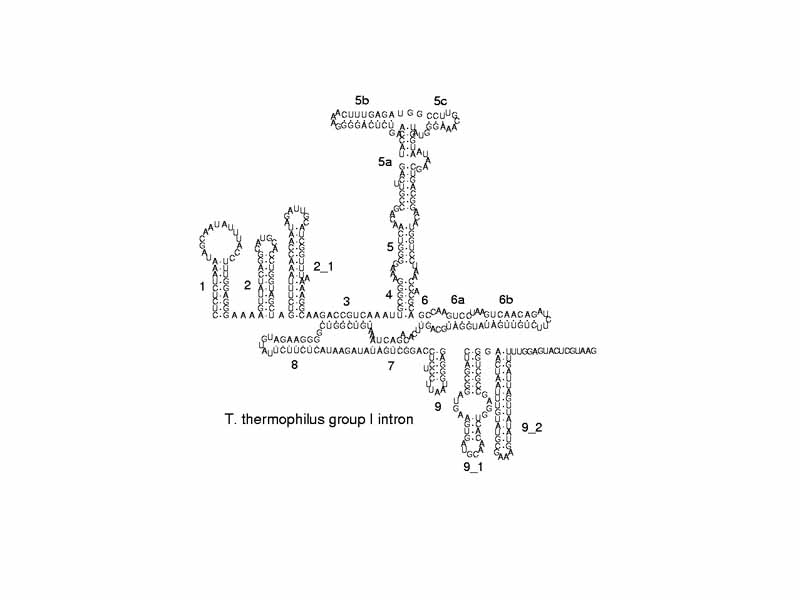Interdisciplinary Note (6 of 17)

In biochemistry and molecular biology, research progress grows knowledge much faster than any mind could possibly accommodate. It's difficult to find the boundaries of the knowledge-base in MCAT preparation. What does AAMC expect you to know for the test?
It's easy to find yourself down in a rabbit hole in a passage, and it's easy to get there in content review. Without neglecting focus on the fundamentals, you need to take time to engage at more sophisticated levels in MCAT review. Strong memory traces involve connections. The key to good memory is deeper processing. Teach yourself to never feel overwhelmed. Refuse to have an anxiety attack when you dive into complexity. You don't need to fear the test is going to ding you on something like the specific facts of mTOR signalling or a yeast homolog of some urea cycle enzyme, but you are not wasting time to read about those things. Learn the shape of things. Learn how to walk the walk. Learn how to navigate and put things into the context of the fundamentals. The important things keep coming up. That's how your brain learns what's important. MCAT passages will throw you into the rabbit hole. It's not about seeing if you have foreknowledge of the specifics, although that's always a figure of merit. The point is to see if you can orient yourself and make unfamiliar things intelligible in the light of the fundamentals that you do know.
You will learn more about AAMC's disposition towards the more advanced side of biochemisry and molecular biology as you make progress in section bank and the practice tests. Let's say you look something up on the web and stumble into a discussion of the crosstalk between insulin receptor signaling and growth factor signaling. You know the MCAT loves to throw you into a signal transduction pathway in a passage. Test the waters and see if you can make sense of this article you've stumbled into. Don't try to memorize everything. If you come across something like that, practice finding your footing. In the MCAT, it would be unlikely any particular pathway you studied would come up. It will be a pathway from candida fungus or leishmania parasite or something else you've never seen. Who knows? Don't worry. So you've never seen these particular specifics before. You know how this kind of signaling pathway works. You've walked the walk a little bit. You are not wasting time to give yourself permission to go further than the fundamentals and explore deeper areas in content review from time to time. It's productive for MCAT review as long as you don't try to memorize everything.